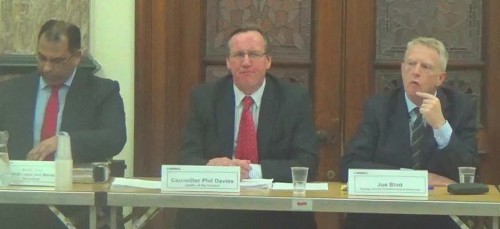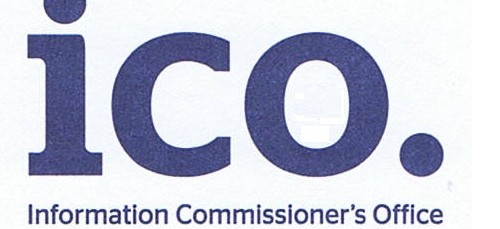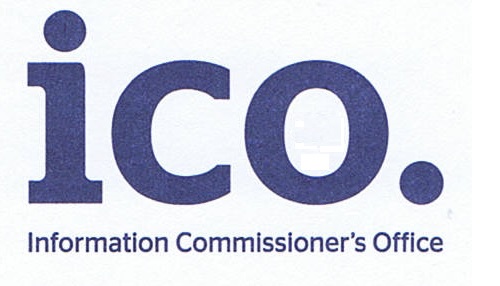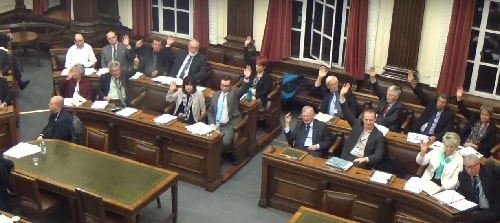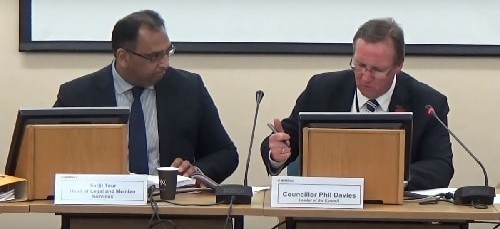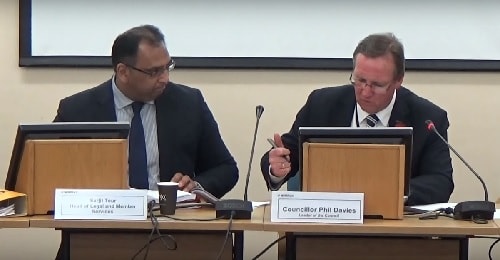Does Wirral Council believe that the will of the people shall be the basis of the authority of government?
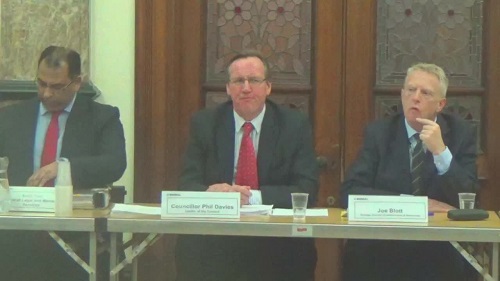
I was planning on writing today about the implications of the Comprehensive Spending Review (however that’s something that would really benefit from a very in-depth piece), but Wirral Council have published an interesting document about Cabinet meeting report protocol.
That probably sounds rather boring, but it shows the informal arrangements that everyone knew existed behind the scenes before reports were published are being put on a more formal footing.
Although much of it is probably the rather dry nuts and bolts and let’s face it there will still be people submitting reports late and chairs not following procedures with regards to late reports, it does seem an attempt at least to make what the press and public end up reading at least not full of obvious errors (and I’m not talking about spelling mistakes).
The report does state what I knew already, that the SLT (Senior Leadership Team or senior managers at Wirral Council) see reports before they’re published and have a chance to suggest edits.
Even before each public Cabinet meeting happens, Cllr Phil Davies has a meeting of his Cabinet (called a briefing) which the officers are expected to attend (usually in what’s called the Cabinet Briefing Room behind locked doors at Wallasey Town Hall) where he goes through the entire agenda and matters are discussed in private.
Interestingly, this report shows that the Cabinet briefing is used as a filter and the Cabinet briefing can be used to change the reports that are later published. I presume this practice of writing reports by committee leads to some bits being watered down.
There are also four compulsory steps a report has to go through before the press or public see it. It seems reports have to be run by legal (which makes me laugh considering some of the legal howlers I’ve pointed out on this blog over the years), human resources (which is understandable as many of the decisions are going to have HR implications), finance (again understandable) and the Head of Service (which has been standard practice for years anyway). As there are vacant heads of service posts, in that situation the relevant strategic director signs it off.
However there is one very important group of people this all leaves out, the public. Anyone involved with politics will of course comment and say that the last group of people involved in political decisions are the public.
This is what Wirral Council’s constitution states about decision-making:
All decisions of the Council will be made in accordance with the following principles:
(i) proportionality (i.e. the action must be proportionate to the desired outcome);
(ii) due consultation and the consideration of professional advice from officers;
(iii) respect for human rights;
(iv) a presumption in favour of openness;
(v) clarity of aims and desired outcomes; and
(vi) Wednesbury* reasonableness (i.e. the decision must not be so unreasonable that no reasonable Council could have reached it, having taken into account all relevant considerations, and having ignored irrelevant considerations).
*This piece is too short to provide an in-depth description of the legal definition but it refers to the case law definition of "unreasonable" which is a reference to a Court of Appeal case from 1947, [1947] 2 All ER 680, [1947] EWCA Civ 1, [1948] 1 KB 223, [1948] KB 223.
Every policy disaster (whether the library closure fiasco which resulted in a public inquiry or half a dozen others I could mention here) has resulted because the public weren’t involved (or were involved/consulted but politely ignored by politicians and officers who had the arrogance to think they knew better) and/or the above principles weren’t followed.
Let’s take the Fort Perch Rock car park charging U-turn as an example. Principle (ii) above states the "consideration of professional advice from officers" yet officers didn’t tell them that if they started charging at Fort Perch Rock car park then the lease the Council had for the Marine Point development would lead to charges at hundreds of spaces at the other currently free car parks.
No, it fell to a local blogger to publish the pages of the lease, a large petition against it of thousands of people and a campaign against the charges from a former Conservative councillor in the marginal seat of New Brighton. This was despite Labour’s backbench councillors warning the Cabinet at at least one public meeting not to go ahead with plans for charging.
Next week, the Transformation and Resources Committee will discuss the high-profile issue of a fire station in Saughall Massie. At the Merseyside Fire and Rescue Authority meeting earlier this year where the decision was made, the petition organiser was given five minutes to speak and a delegation from the Saughall Massie Conservation Society was also given the opportunity to speak for up to five minutes.
Yes, you are probably going to say, this ties in with (iii) above, respect for human rights as article 21, which Wirral Council signed up to when Cllr Adrian Jones was Mayor quite clearly states
(2) Everyone has the right of equal access to public service in his country.
(3) The will of the people shall be the basis of the authority of government; this will shall be expressed in periodic and genuine elections which shall be by universal and equal suffrage and shall be held by secret vote or by equivalent free voting procedures.
Notice the importance of that word directly or through freely chosen representatives (that is politicians).
The other public bodies I report on either have mechanisms written into their constitution (for example Liverpool City Council has a regular public question time slot at many of its meetings and I’ve mentioned the mechanisms that Merseyside Fire and Rescue Authority has), so people can exercise their rights at public meetings and have their say before the decision is made.
At Wirral Council the public at public meetings get frustrated and heckle instead (then get told to shut up by the Chair or clear off which does show some politicians’ attitude towards the public outside of elections).
The Chair at last night’s meeting (despite his wish to get home in time to watch Coronation Street) tried to let many taxi drivers have their say (some more than once) before the decision to consult on increasing hackney carriage fares was made (if a decision is made following the consultation it’ll mean fares go up in time for Christmas).
Yet if there’s one point I am trying to make from this maybe boring piece about Wirral’s politics, it’s that the public should be more involved and you don’t encourage the public to turn up by expecting them to sit through meetings in silence and not have any influence over decisions that are going to affect their lives.
At the moment taxi drivers have more influence over decisions as there is a Joint Consultative Committee that meets regularly behind closed doors than I do over say Wirral Council’s filming of public meetings policy.
Yes, this probably sounds like as to why it’s a good idea to have politicians, or for the kind of public interest journalism I spend a lot of time doing but the point I’m trying to get at is one that Wirral’s political system doesn’t seem to have quite grasped which is "the will of the people shall be the basis of the authority of government".
At Wirral Council this seems to have morphed in the past to "the will of the officers shall be the basis of the authority of government" (and we expect politicians to rubber stamp decisions we refer to them).
If you click on any of the buttons below, you’ll be doing me a favour by sharing this article with other people.
